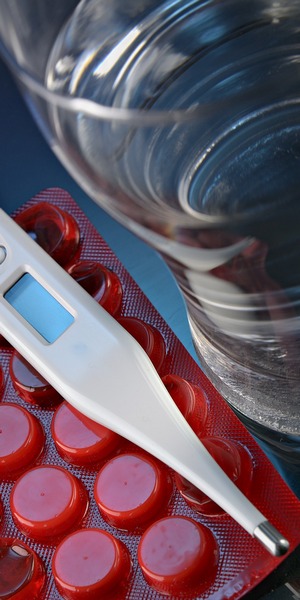Why Do People Sweat in Cold Weather

Cold weather usually conjures up images of cozy sweaters, hot drinks, and the desire to wrap up tight. So when you find yourself sweating despite the low temperatures, it can be embarrassing and uncomfortable. Sweating in cold weather is not uncommon, and we often wonder why our body reacts this way.
In this article, we will look at the causes of cold weather sweating, examining both physiological and environmental factors. By understanding these causes, we can better manage this unusual phenomenon and find ways to stay comfortable when the weather turns cold.
Understanding Sweating
Sweating is a natural function of the body that helps regulate body temperature. It is the body’s way of cooling down when it gets too hot. We usually associate it with hot and humid environments or exercise. However, sweating can also occur in cold weather. This is due to the body’s ability to maintain a constant internal temperature of about 98.6°F (37°C), regardless of outside conditions.
When exposed to low temperatures, the body triggers a number of physiological reactions to maintain its core temperature. Sweating is one of these reactions, and it can manifest itself in different ways depending on the individual and the circumstances.
Physiological Factors
One of the main causes of sweating in cold weather is the body’s thermoregulatory process. When the temperature drops, blood vessels in the skin narrow to minimize the loss of heat from the body’s surface. To compensate for this constriction and maintain thermal balance, our body increases metabolic activity. The increased metabolic rate releases heat, causing sweating.
In addition, certain medical conditions and medications can contribute to excessive sweating, even in cold weather. Conditions such as hyperhidrosis, which causes profuse sweating regardless of temperature, can worsen in cold temperatures. Similarly, certain medications and hormonal imbalances can lead to sweating as a side effect, regardless of the outside climate.
Environmental Factors
Although our body’s response to cold weather is mainly controlled internally, external factors can also affect how we sweat. Humidity levels, for example, play a role in determining how quickly sweat evaporates from our skin. In cold climates with low humidity, sweat can evaporate inefficiently, resulting in moisture accumulation on the skin and a sticky or sweaty feeling.
Layered clothing is another environmental factor that can affect sweating in cold weather. Wearing too many layers or clothes that don’t provide proper ventilation can trap heat near your body. Choose breathable fabrics and dress in layers that can be adjusted as needed, this will help regulate your body temperature and minimize sweating.
Other Causes of Cold-Weather Sweating
It may have a variety of causes, including physiological and environmental factors. Let’s look at these causes in more detail.
Medications and Hormonal Imbalances
Certain medications and hormonal imbalances can affect the body’s response to sweating. For example, it may be a side effect of some:
- Antidepressants;
- Antipyretics;
- Hormones.
Hormonal imbalances, such as those associated with menopause or thyroid disease, can also affect sweating.
Environmental Factors
While internal factors play an important role in cold-weather sweating, external factors can also contribute. Moisture levels and clothing choices are two environmental factors that can affect it. In cold climates with low humidity, water can evaporate inefficiently, resulting in a sticky feeling. Wearing too many layers or clothing that is not properly ventilated can trap heat near the body, resulting in sweating despite low temperatures.
It is important to note that the causes of cold weather sweating can vary from person to person. While some people may experience mild symptoms, others may experience excessive ones. If the sweating is excessive, persistent, or accompanied by other alarming symptoms, it is recommended that you see a professional for further evaluation and recommendations.
Managing Sweating in Cold Weather

While it may be difficult to completely prevent sweating in cold weather, there are several strategies you can use to effectively manage it. Here are a few tips:
- Dress appropriately: Choose clothing made of breathable fabrics that allow moisture to escape and prevent overheating;
- Dress sensibly: Choose layers that can be easily added and removed to accommodate body temperature fluctuations;
- Stay hydrated: Drink enough water to replenish fluid loss. This will help maintain your body’s overall balance;
- Maintain a healthy weight: Being overweight can contribute to excessive sweating. By maintaining a healthy weight, you can reduce its likelihood.
If you find that sweating is persistent, interferes with daily activities, or is accompanied by other alarming symptoms, it is recommended that you see a professional who will assess your situation and make appropriate recommendations.
Conclusion
Sweating in cold weather may seem counterintuitive, but it is a normal body response to maintain body temperature. Understanding the physiological and environmental factors that contribute to this phenomenon can help us manage it effectively.
By choosing appropriate clothing, remembering to drink, and watching for body signals, we can ensure our comfort and well-being even when our temperature drops.
Remember, if the increased sweating does not go away or is accompanied by other symptoms, seeing a doctor is always a wise decision to rule out underlying diseases.








